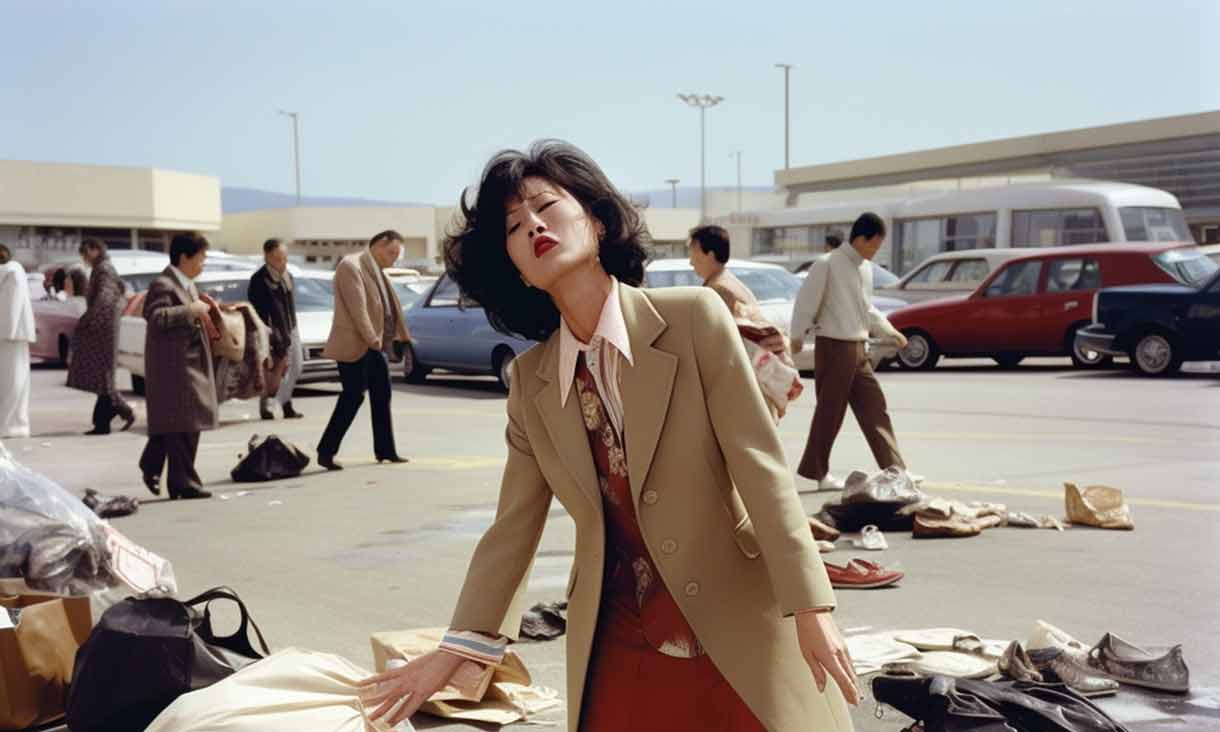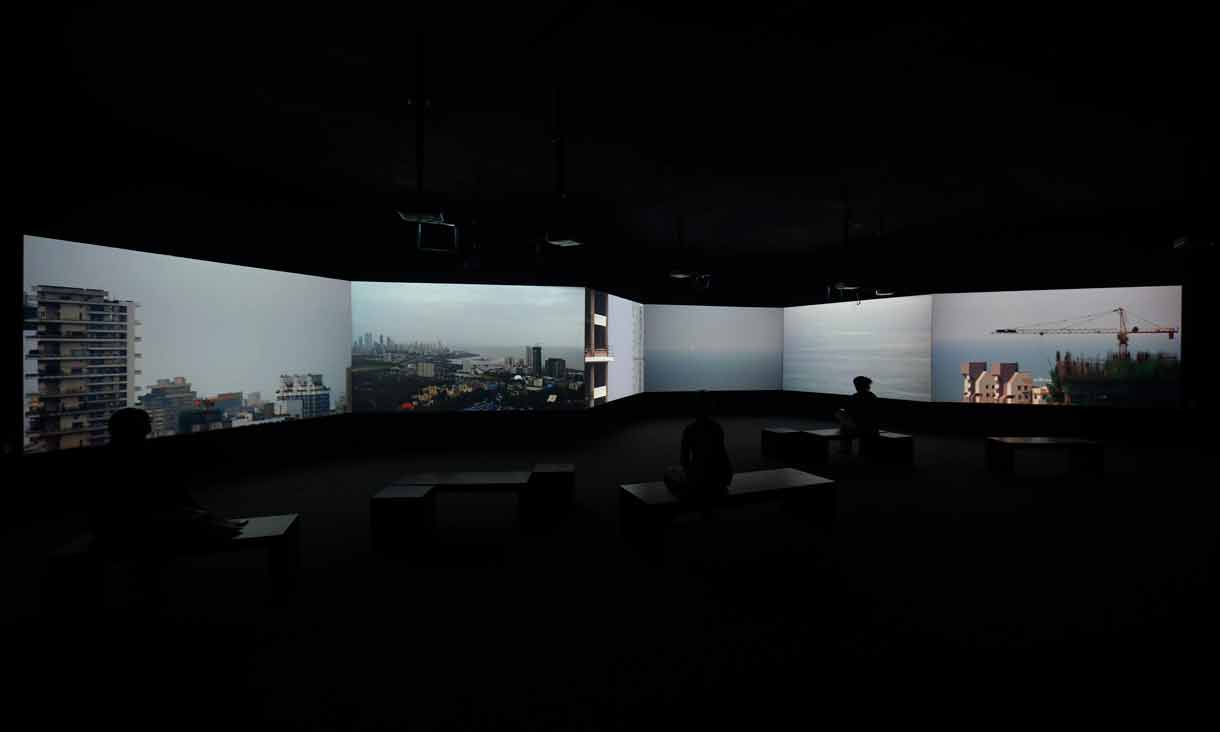Artlink magazine, RMIT Culture and the CAST research group invite you to a discussion on how thematic and identity-driven commissioning, writing, editing and publishing is shifting the discourse on Indigenous art.
In 2010, Artlink magazine launched its annual Indigenous issue, with Indigenous Guest Editors and writers forming an impressive list of 'who's-who' of the Australian art world. As Tristen Harwood, co-editor (with Dean Cross) of the current Artlink Indigenous puts it, it's a place for Indigenous voices from a wide range of positions 'to shape the discourse on Indigenous art'. But the 'unspeakable' paradox he points to in this issue is that 'Indigenous art … does not sit outside of contemporary art and a separational approach to talking about Indigenous art—or talking about it but only glossing the surface with anodyne praise or an exoticist awe, reinscribes a false notion and perception of how our art functions with regard to the rest of the art world.'
Our speakers
Tristen Harwood is a writer, art critic, editor, researcher, and lecturer. Matrilineally, Tristen is a descendent of Ngalakan and Numbulwar and he has migrant Dutch, and English ancestry. His writing on art film, fashion, and literature is published in leading national and international publications. Tristen co-edited Artlink_Indigenous in 2022 and is currently working on a book of poetry about ambiguous loss, homesickness, and enduring grief.
Una Rey is Editor of Artlink and has over fifteen years of academic teaching and research experience in art history and intercultural arts practice. She has worked as an arts manager, independent curator, art writer and painter. Una's writing has been published in public institutional contexts, peer reviewed journals, news media, international anthologies and independent magazines.
Micaela Sahhar is an Australian-Palestinian writer and educator. Her writing has been published in Artlink, Overland, Cordite, Southerly and the Griffith Review among others. Micaela is a previous Next Chapter Fellow and has received support from the Neilma Sidney Literary Travel Fund.
Moderated by Amy Spiers, an artist, researcher and current Vice-Chancellor's Postdoctoral Fellow at RMIT School of Art. Her art practice and research explore the critical capacities of public and socially engaged art, and their potential to address difficult histories and social relations between Indigenous and settler peoples in Australia. Amy recently co-edited Let's Go Outside: Art in Public (Monash University Publishing 2022) and co-authored Art/Work: Social Enterprise, Young Creatives & the Forces of Marginalisation (Palgrave Pivot 2022).
Image: Dean Cross, silent/salient image 6 (detail), 2022



